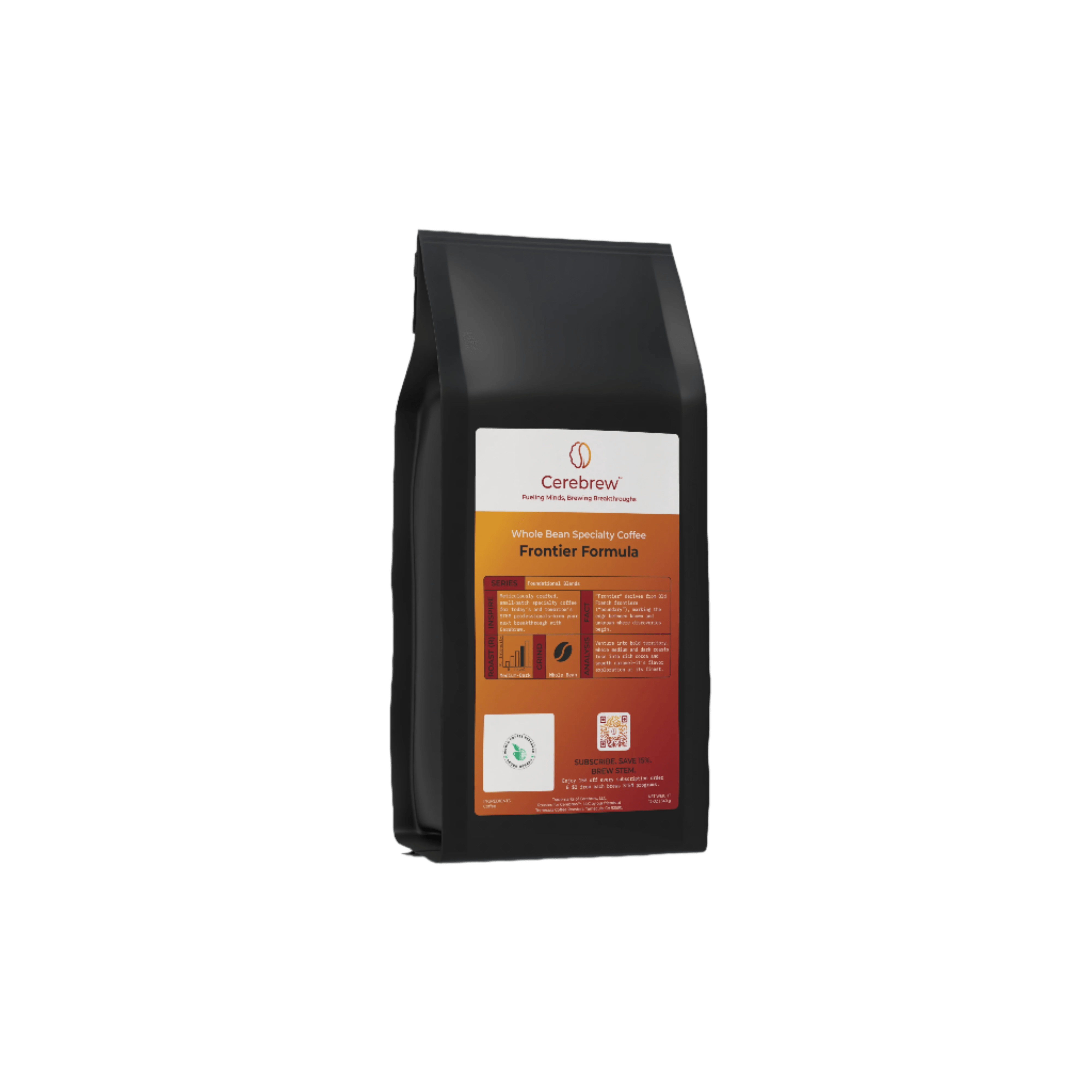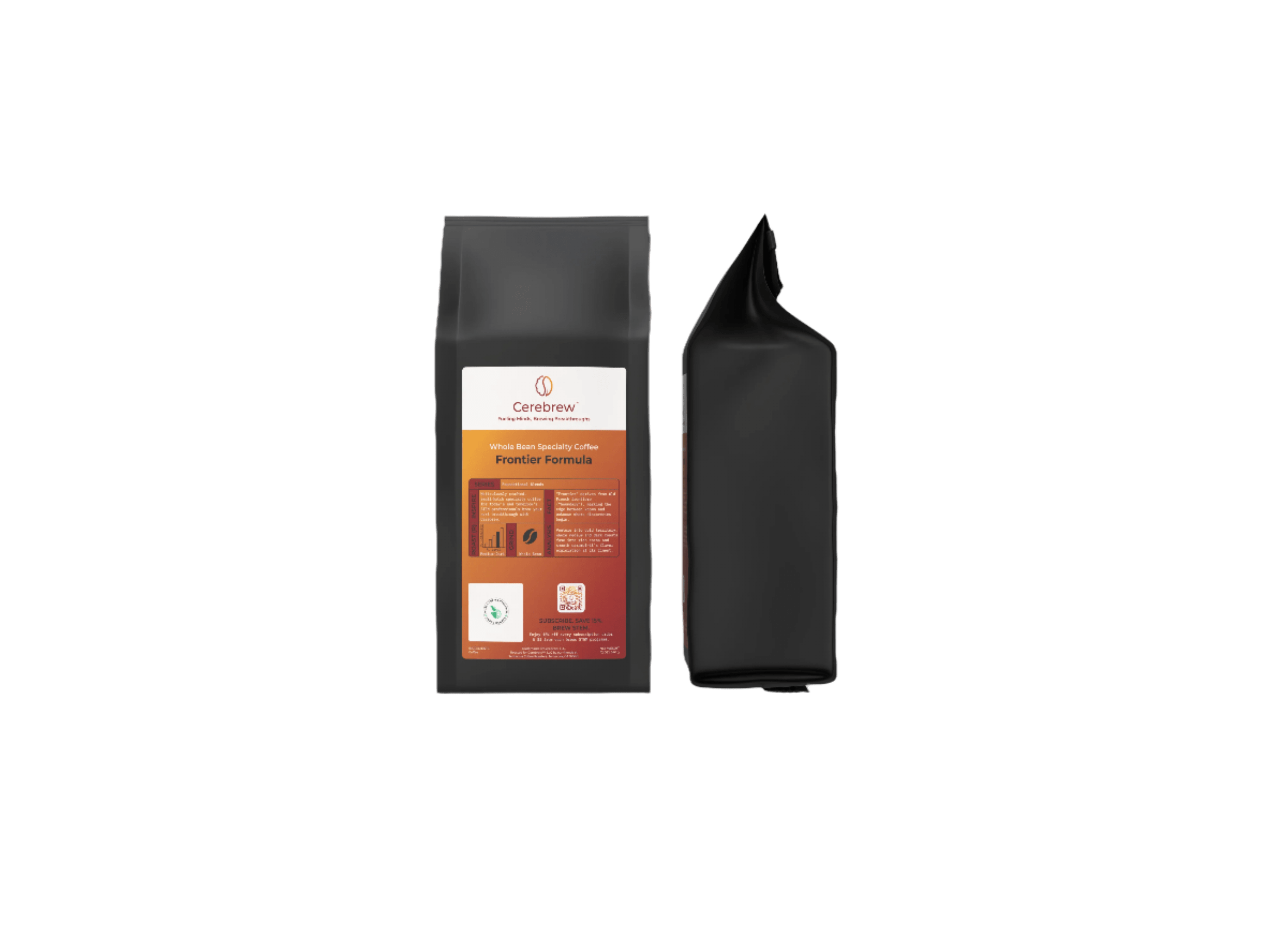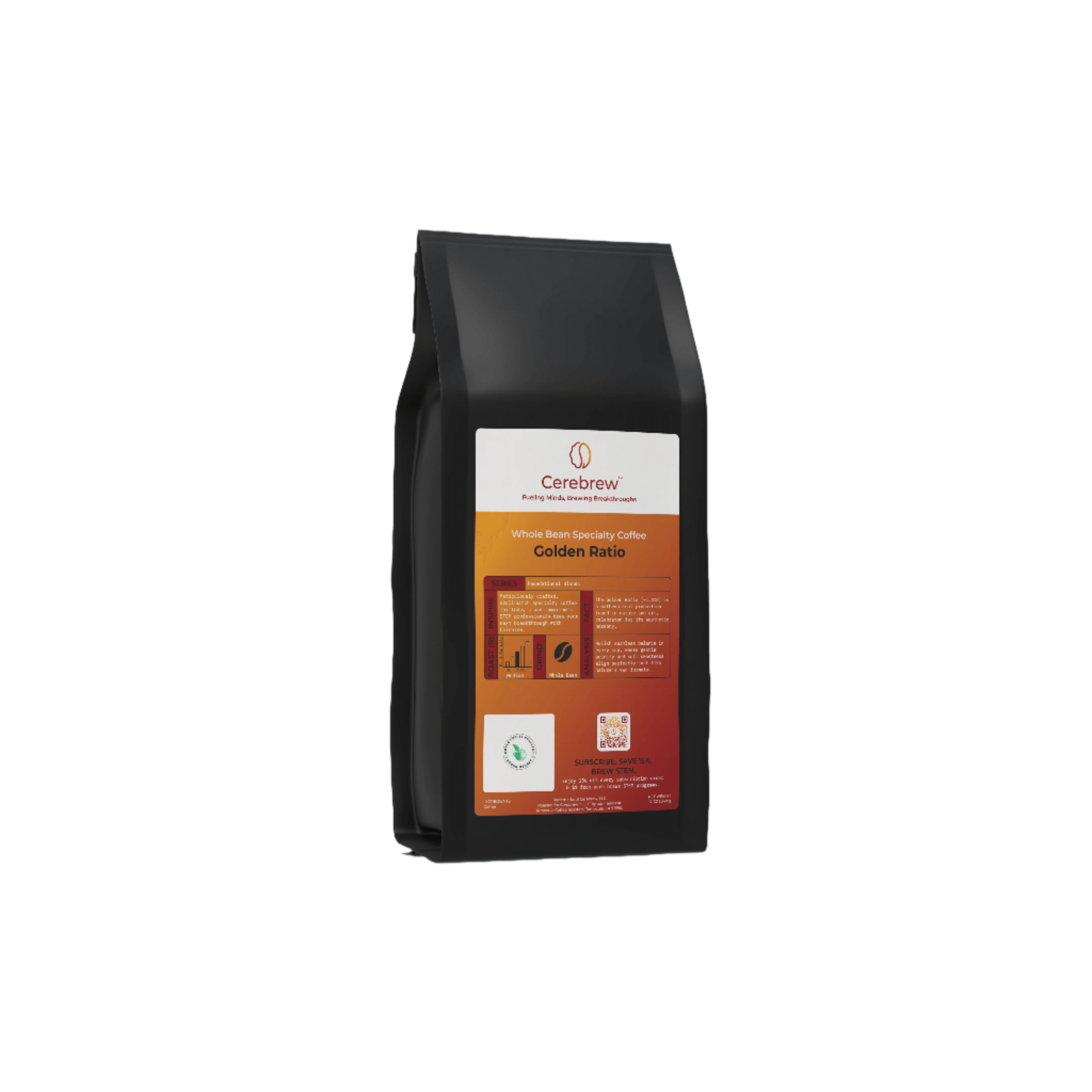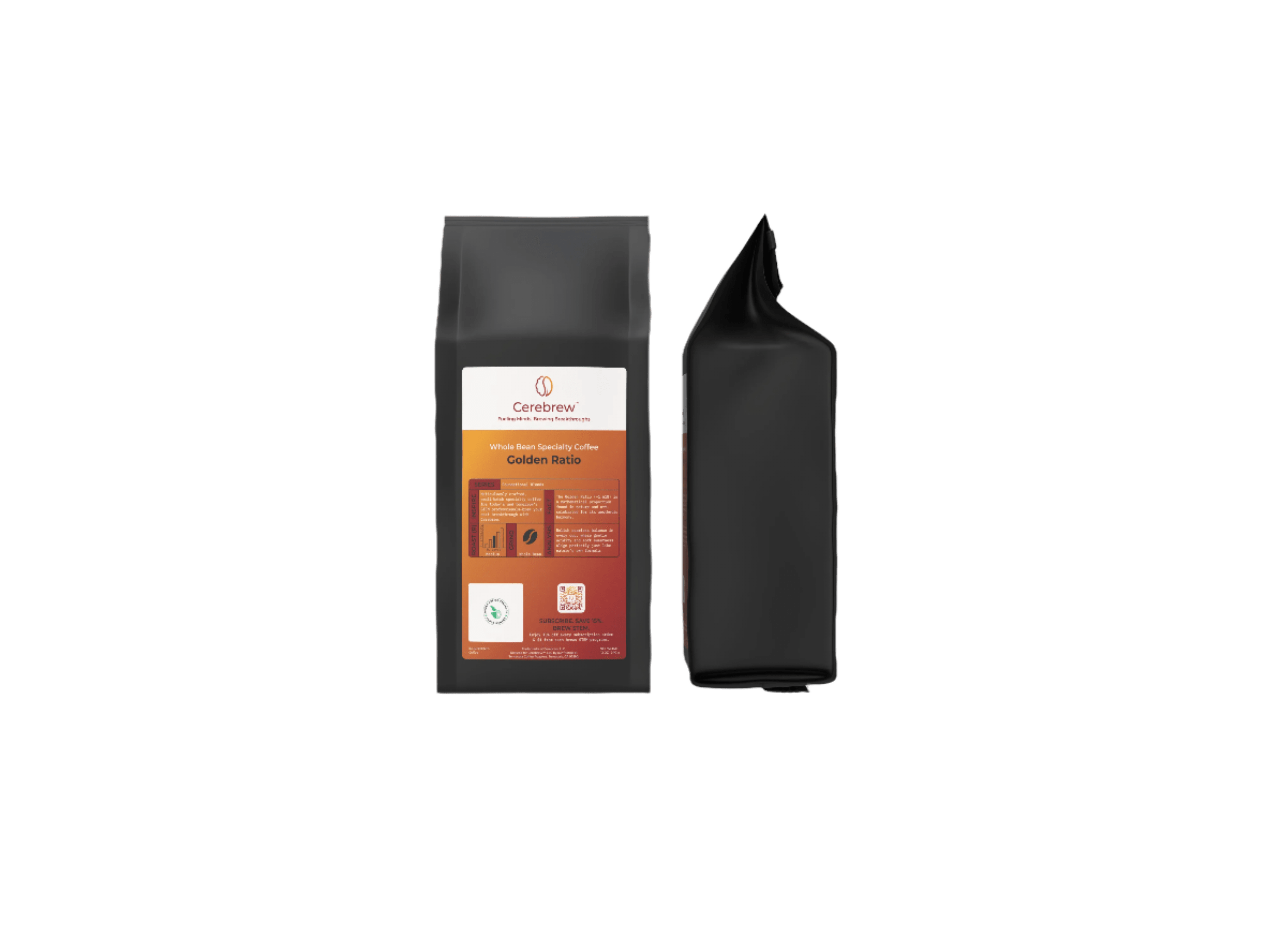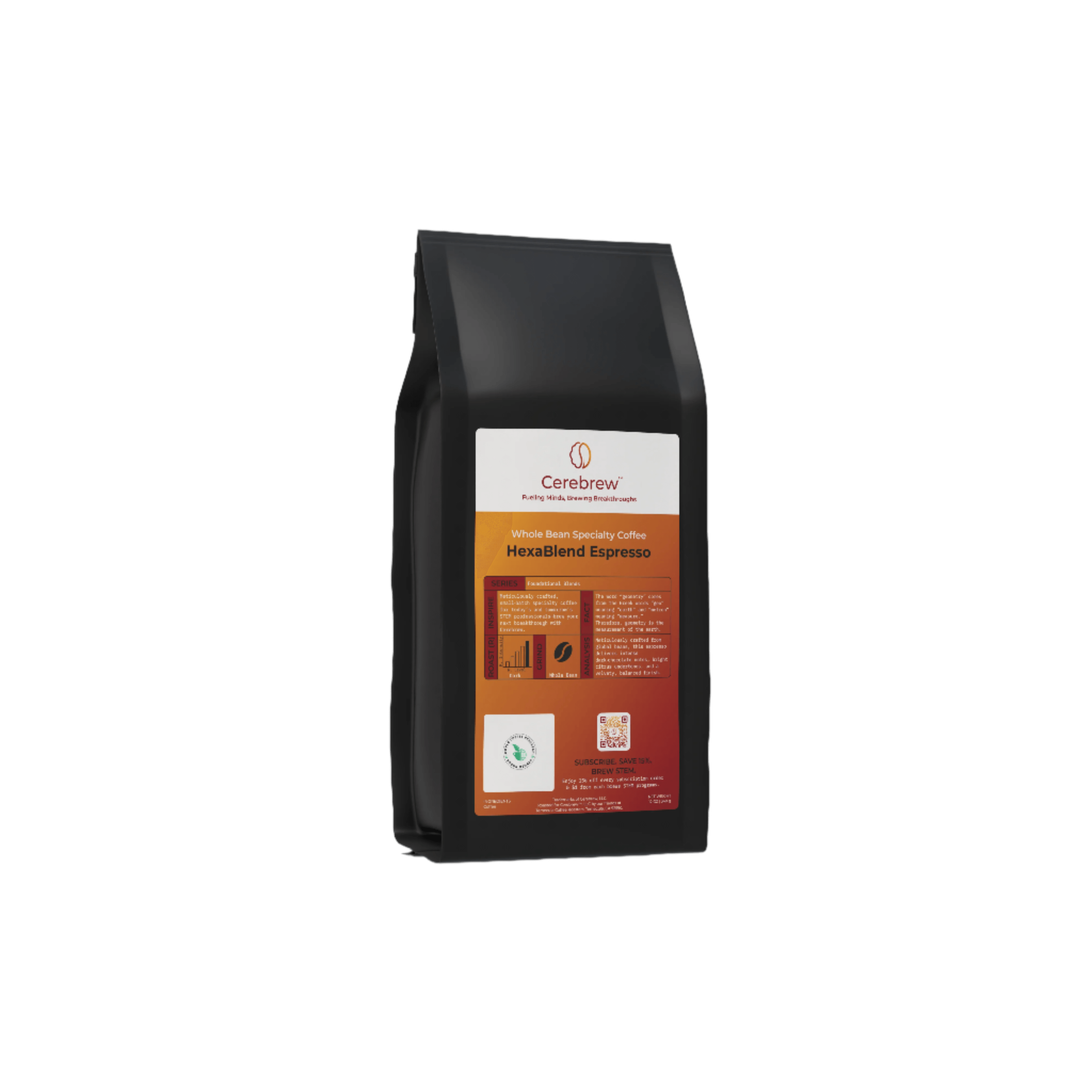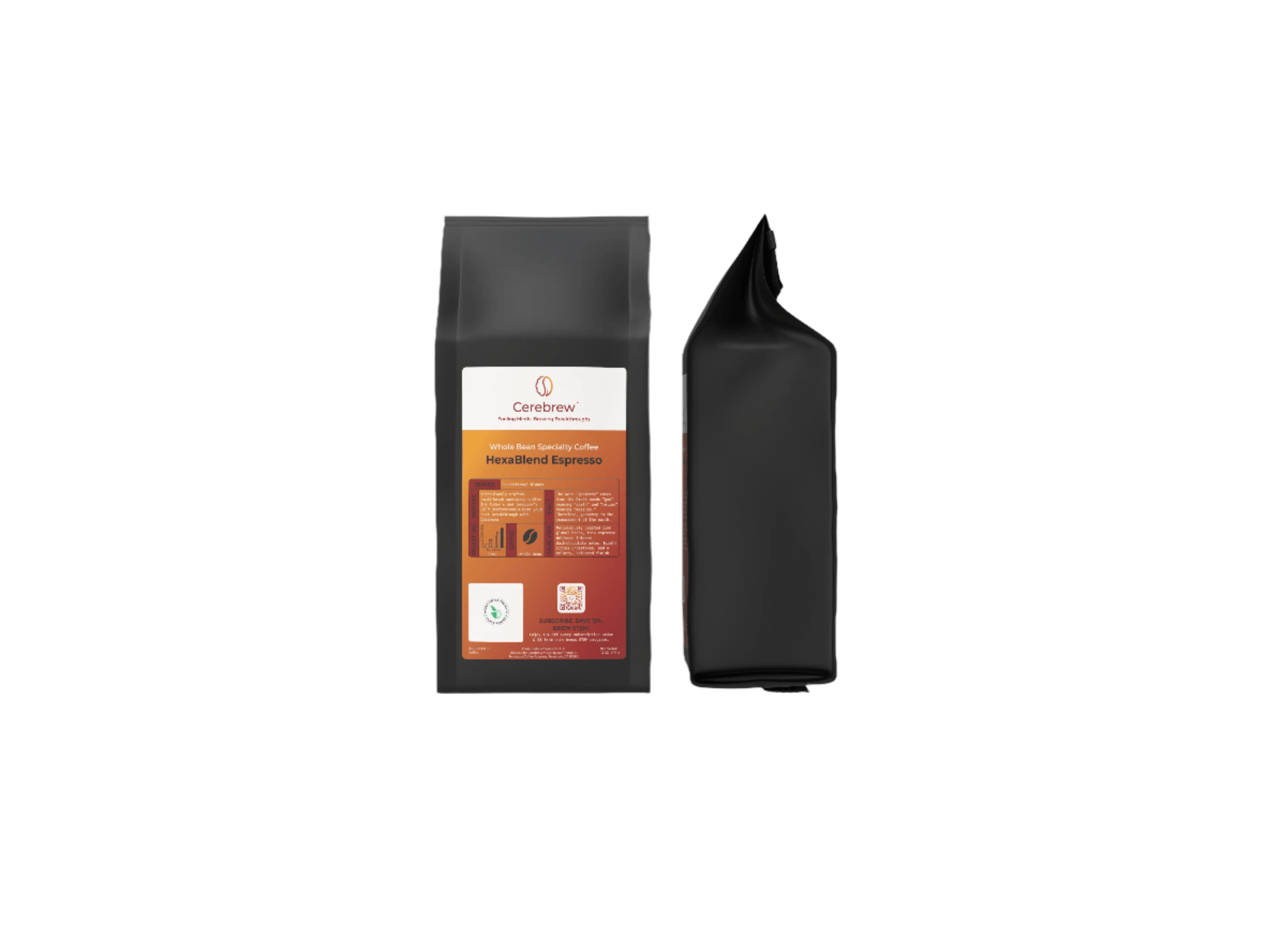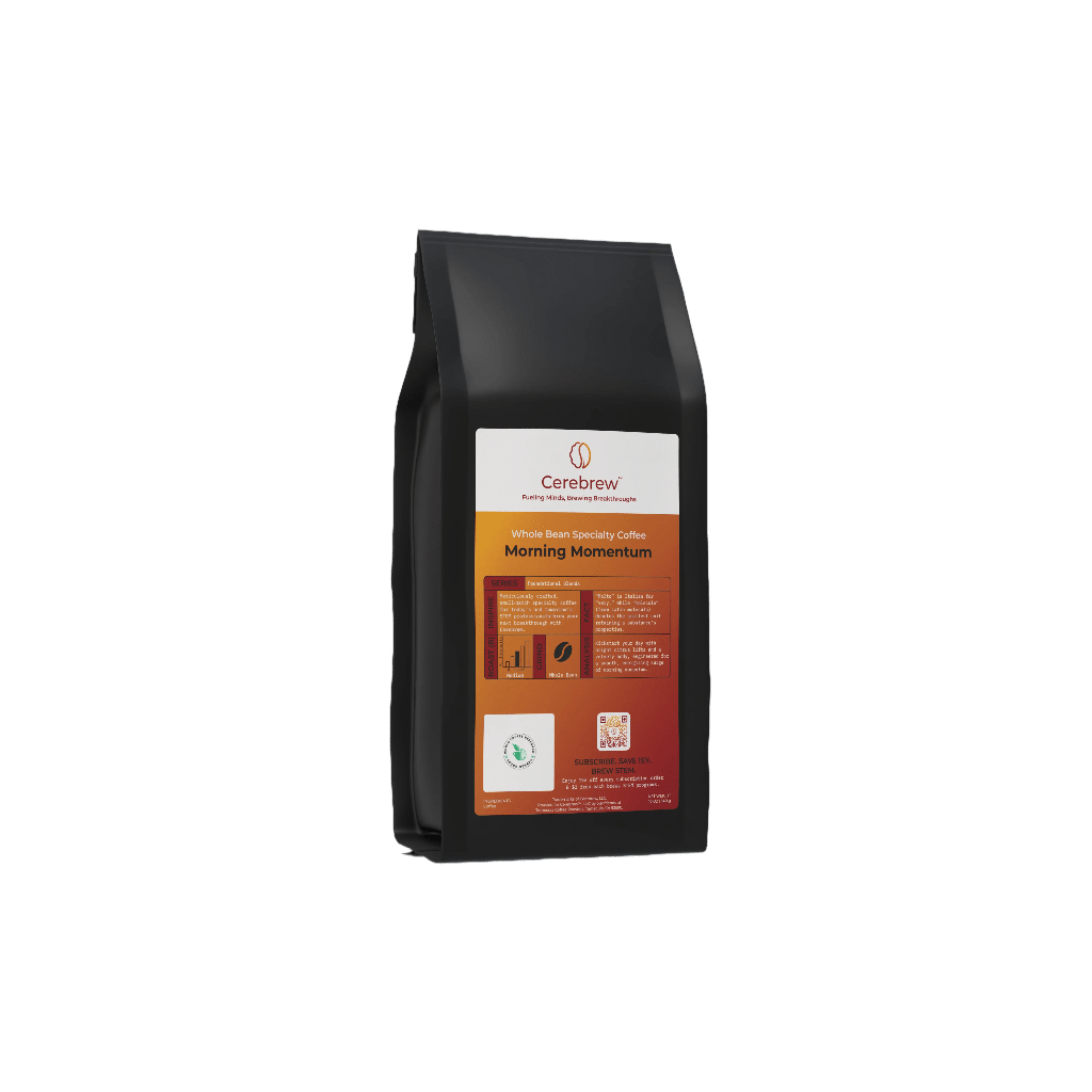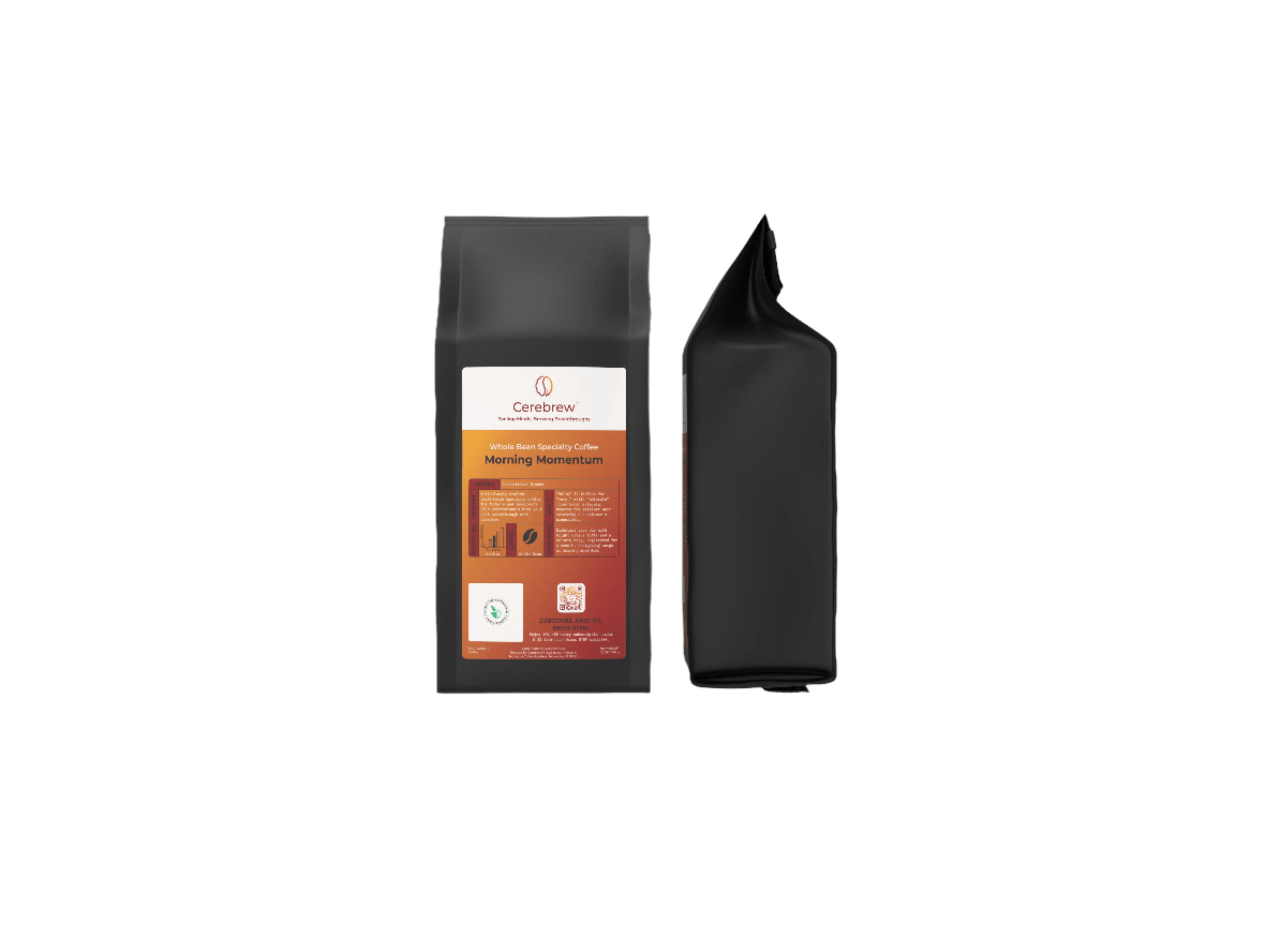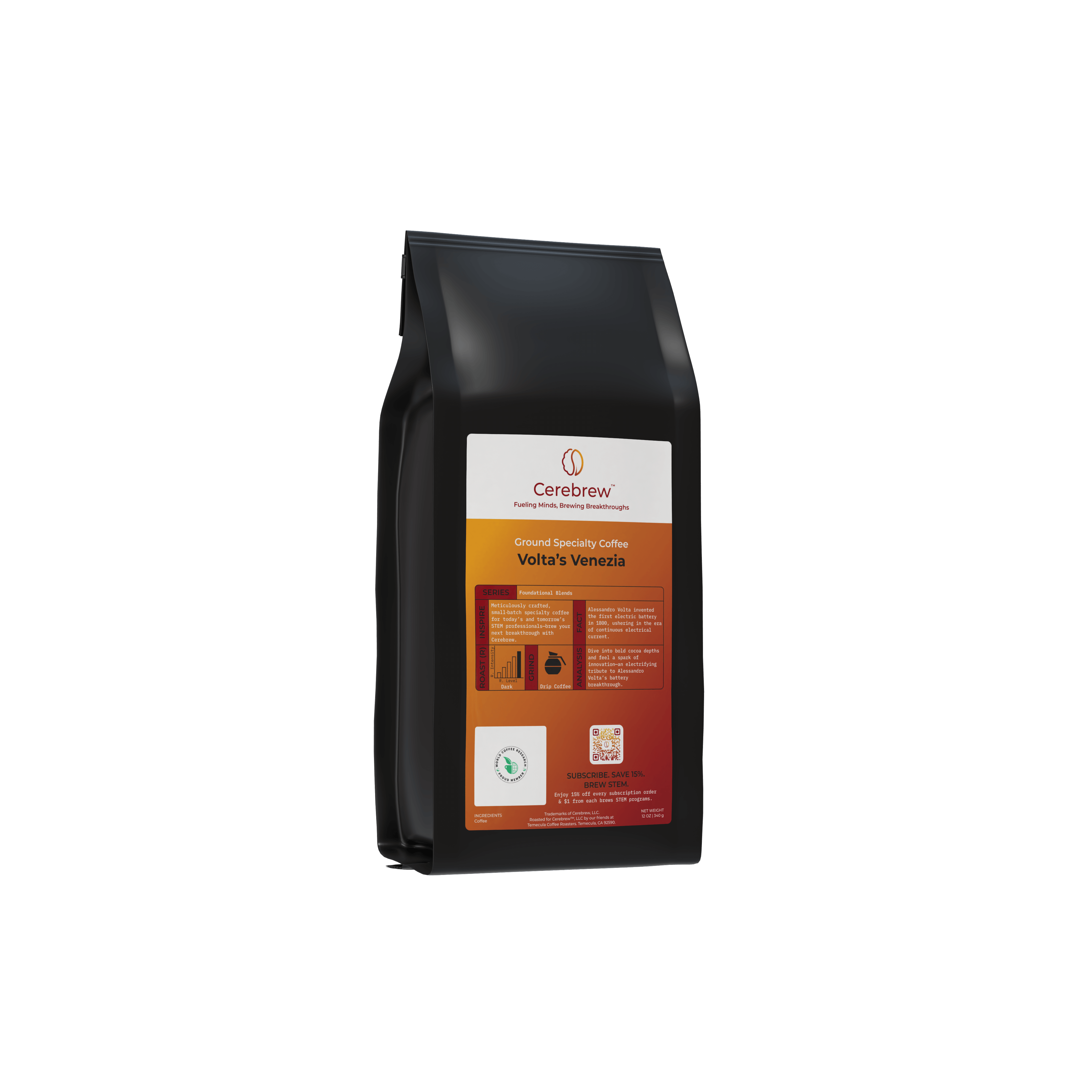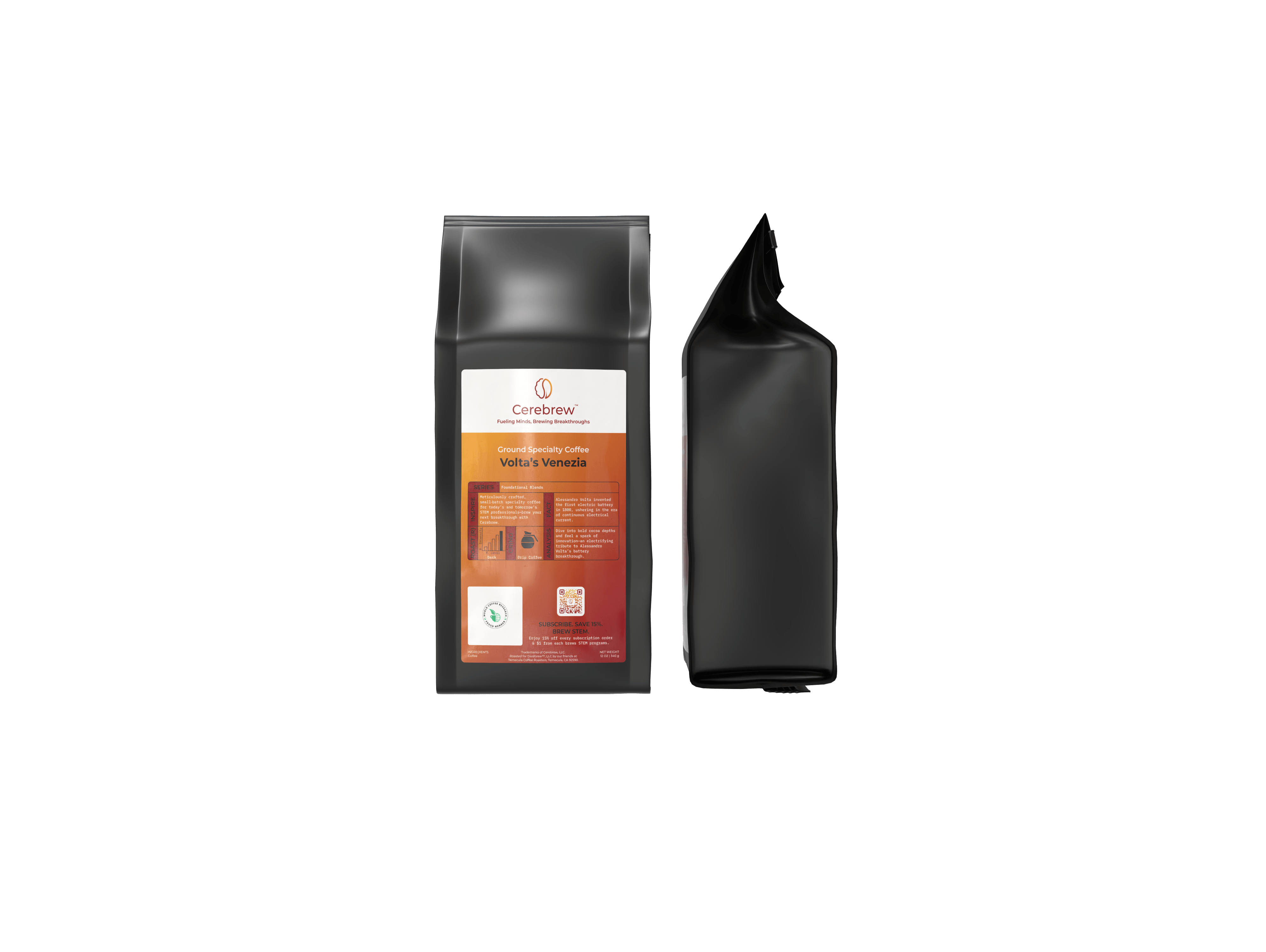Can Coffee Make You Tired?
Coffee is the go-to beverage for millions of people who seek an energy boost to kickstart their day. However, many have experienced the puzzling phenomenon of feeling tired after drinking coffee. So, does coffee really make you tired? Let’s explore the effects of caffeine and understand why this might happen.
Caffeine, a natural stimulant found in coffee, works by blocking adenosine, a neurotransmitter responsible for promoting sleep. By doing so, caffeine keeps you alert and awake. However, the effects of caffeine are not the same for everyone. Factors such as tolerance, metabolism, and sensitivity can alter how caffeine affects an individual.
The Rebound Effect
One reason coffee might make you feel tired is the rebound effect. As the caffeine wears off, the adenosine that was previously blocked floods back into your brain, making you feel even more tired than before. This can lead to a cycle where you consume more coffee to counteract the fatigue, only to experience the same tiredness later on.
Can Too Much Coffee Make You Tired?
Consuming excessive amounts of coffee can lead to dehydration. Caffeine is a diuretic, meaning it can increase urine production and lead to fluid loss. Dehydration is a common cause of fatigue, and if you're not replenishing lost fluids, you might feel tired.
Moreover, too much caffeine can lead to jitteriness and anxiety, causing your body to feel stressed and fatigued. Over time, this constant state of alertness can exhaust your adrenal glands, leading to what some refer to as "adrenal fatigue," although this condition is not recognized as a medical diagnosis.
Quality of Sleep
Drinking coffee, particularly in the afternoon or evening, can interfere with your sleep patterns. If caffeine keeps you from getting a restful night's sleep, you'll likely feel tired the next day. It's important to monitor your coffee intake and timing to ensure it doesn't affect your sleep quality.
Moderation is Key
To avoid feeling tired after drinking coffee, moderation is crucial. Pay attention to how your body reacts to caffeine and adjust your consumption accordingly. Staying hydrated by drinking water alongside coffee can also help mitigate the dehydrating effects of caffeine.
Additionally, consider limiting coffee consumption to the morning hours. This can help ensure that caffeine doesn't disrupt your sleep, allowing you to wake up refreshed and energized.
In conclusion, while coffee is renowned for its energizing effects, it can indeed make some people feel tired due to factors like the rebound effect, dehydration, and disrupted sleep. By understanding how caffeine affects your body and consuming it mindfully, you can enjoy coffee without the unexpected fatigue.
Have you experienced tiredness after drinking coffee? Share your thoughts and experiences in the comments below.










